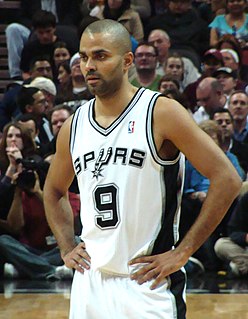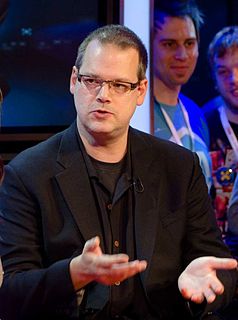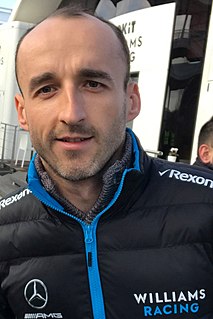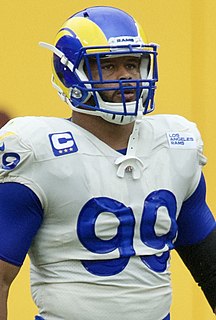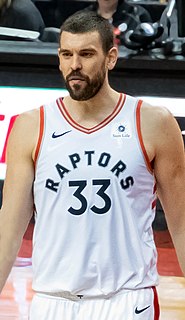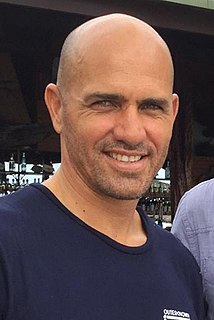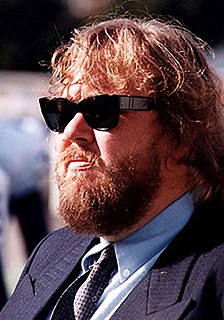A Quote by Jesus Navas
It's good to have different ways to break opponents down, and speed is a big part of my game.
Related Quotes
How promising you are as a Student of the Game is a function of what you can pay attention to without running away. Nets and fences can be mirrors. And between the nets and fences, opponents are also mirrors. This is why the whole thing is scary. This why all opponents are scary and weaker opponents are especially scary. See yourself in your opponents. They will bring you to understand the Game. To accept the fact that the Game is about managed fear. That its object is to send from yourself what you hope will not return.
There is a huge set of consequences that start stacking up as you approach the end-game. And
even in terms of the ending itself, it continues to break down to
some very large decisions. So it's not like a ****c game ending
where everything is linear and you make a choice between a few things
- it really does layer in many, many different choices, up to the
final moments, where it's going to be different for everyone who
plays it.



